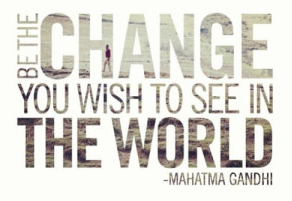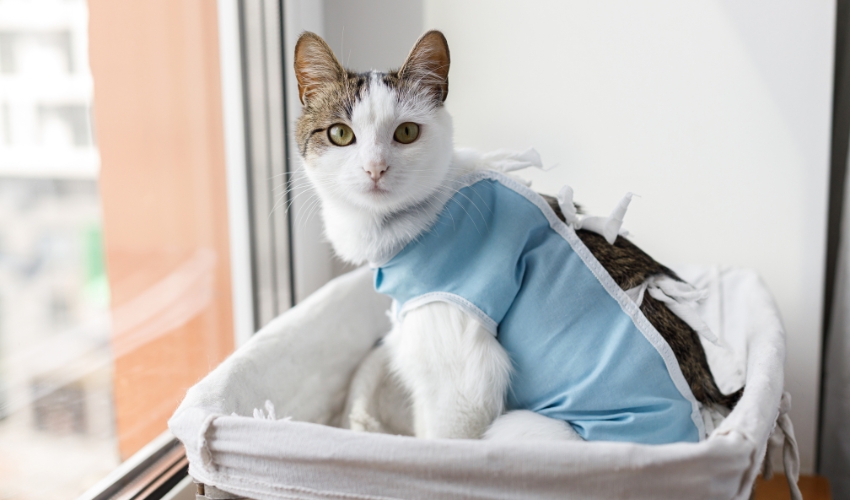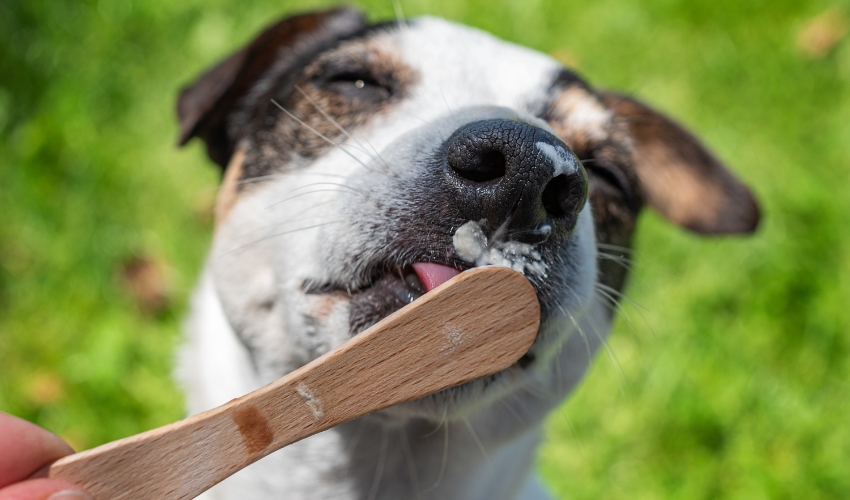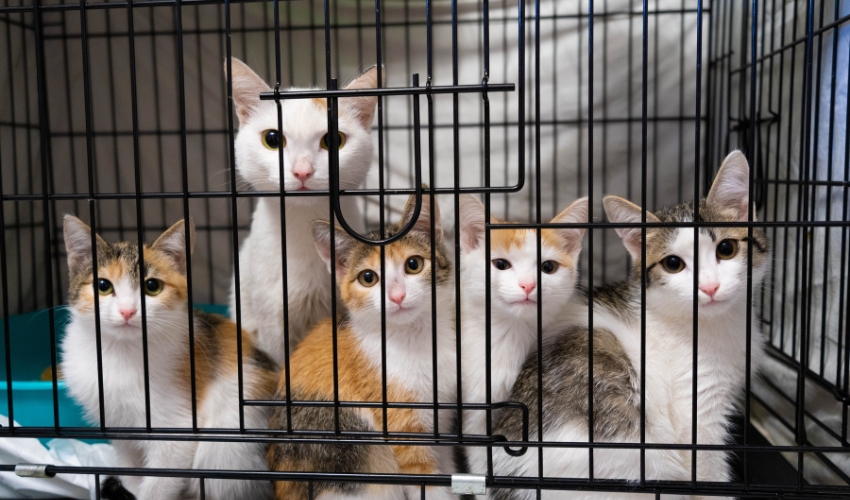You can’t start with imbalance and end with peace, be that in your own body, in an ecosystem or between a government and its people.
What we need to strive for is not perfection, but balance. – – Ani DiFranco
Volunteering to help animals reduces your suffering footprint
Where did the term suffering footprint come from?
As many of you know, I host a weekly podcast called Professionals in Animal Rescue where I interview many different kinds of people that help animals. My goal is to highlight all of the wonderful ways that people are helping animals. My hope is that I will inspire someone listening to the podcast to get involved in animal rescue.
I recently interviewed Joellen Anderson, one of the founders of Peepal Farm (pronounced like people) which per their website is “a stray animal rescue, a vegan organic farm, and a low impact farmstay. It is the home we have built in the Himalayan Foothills to accommodate recovering injured stray animals, people who want to do good work, and an organic garden to provide a little bit for all of us.”
The term suffering footprint was mentioned and defined on their website and through my conversation with Joellen I came to appreciate the significance behind this concept. Joellen’s co-founder, Robin Singh, was the original creator of the suffering footprint terminology, and their approach at Peepal Farm embodies what they believe in reducing their impact and thus the suffering of other living things.
What is the suffering footprint?
The definition of the suffering footprint:
“Suffering footprint the trace of physical harm caused to life and liberty of other creatures in our pursuit of food, clothing and shelter. When you buy a kilo of rice from your local grocer, for example, to begin with it carries the history of pain in soil organisms — from rats to earthworms — when the earth was tilled to sow the paddy. Then there is the transportation of water and exploited, under-paid labour, which involved the mining and burning of fossil fuels. At each further stage, harvesting, transportation and storage, until the grain arrived at the grocery, there has been physical pain, no matter how minuscule, caused to some or the other life form.”
How can you balance out your footprint of suffering on the world?
In my conversation with Joellen, I asked the question that I am sure all of you are thinking, “If everything I do, everything I eat and everything I wear causes suffering, how am I supposed to go about my daily life?” I was feeling quite overwhelmed with the concept which goes even further than the most extreme veganism that I have personally seen people undertake.
 One of the things that I enjoyed the most about my conversation with Joellen was her non-judgmental and non-confrontational approach with these concepts. She explained to me that it was not possible to have zero impact on everything and that there were two important takeaways to be considered. 1) How can you reduce your suffering footprint by only consuming what you need. and 2) How can you try and balance out the equation by proactively doing more to help animals and other living things given your impact.
One of the things that I enjoyed the most about my conversation with Joellen was her non-judgmental and non-confrontational approach with these concepts. She explained to me that it was not possible to have zero impact on everything and that there were two important takeaways to be considered. 1) How can you reduce your suffering footprint by only consuming what you need. and 2) How can you try and balance out the equation by proactively doing more to help animals and other living things given your impact.
I have blogged previously about how I have been inspired by so many people in my short animal rescue career, and I am definitely placing Joellen and Robin on my list. At the end of my conversation with Joellen I felt full of passion and inspiration to help more people and more animals. The example that they have set and the approach of education and inclusion that they live, is an example of the impact our positive activities for animals can have on the world.
When you volunteer to help animals, you are helping to balance the equation.
 Whatever the reason you chose to get involved with animal rescue, your actions are helping to bring positivity to balance out the suffering side of the equation of the suffering footprint. Whether you are an animal rescue transporter, animal foster home or whether you volunteer at an animal shelter near you or more virtually to support animal rescues somewhere else in the country, you are making a difference. Your actions matter and through your learning and sharing, others will understand and we will make dramatic changes.
Whatever the reason you chose to get involved with animal rescue, your actions are helping to bring positivity to balance out the suffering side of the equation of the suffering footprint. Whether you are an animal rescue transporter, animal foster home or whether you volunteer at an animal shelter near you or more virtually to support animal rescues somewhere else in the country, you are making a difference. Your actions matter and through your learning and sharing, others will understand and we will make dramatic changes.
Your positive impact grows as you are inspired to pay it forward.
I hope you are inspired like I am to spread the message and recruit others to help animals. There are only so many hours in the day for each of us. But when we share our ideas and inspire others to get involved, we exponentially grow our positive impact on the problem and suffering of animals. Share with your friends and family why you help rescue animals. They may share your passion and desire to give back to the equation.
We at Doobert know that together we can save more animals and we are proud and humbled to support your positive efforts to help save more animals.













